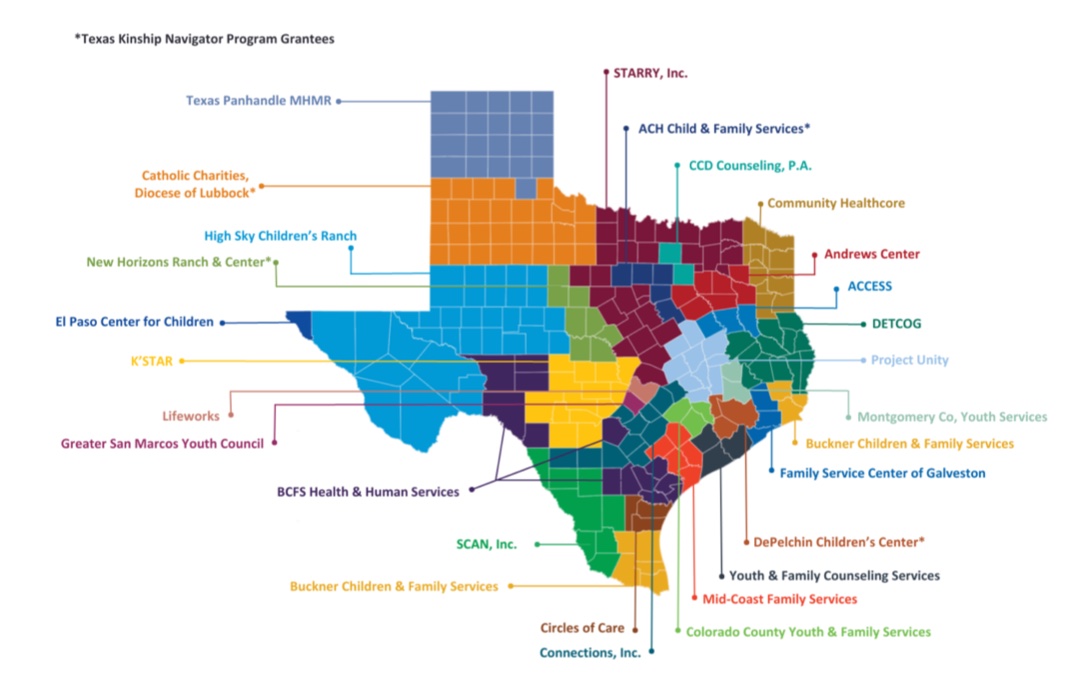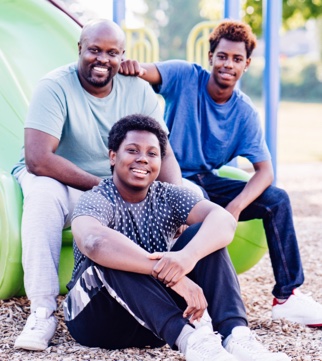Service Focus
Families with youth under 18 years old who are dealing with family conflict or everyday struggles. In some areas of the state, the program only provides services to families with children ages 6 to 17.
Download the program brochure:
Map of Providers and Communities

Measures of Success
- Children remain safe during services, within one to three years.
- Percentage of youth not referred to juvenile probation.
- Increase in protective factors, such as family functioning and resiliency, social supports, and nurturing and attachment.
Program Data
1983
20,725
5,539
All counties
$26,917,575
28 grantees
$961,342

Success Story
Family Youth and Success Program
Guadalupe was struggling with her daughter’s behavior after their family moved to a new state. Unsure what to do, she found guidance and support from the Family Youth and Success Program.

